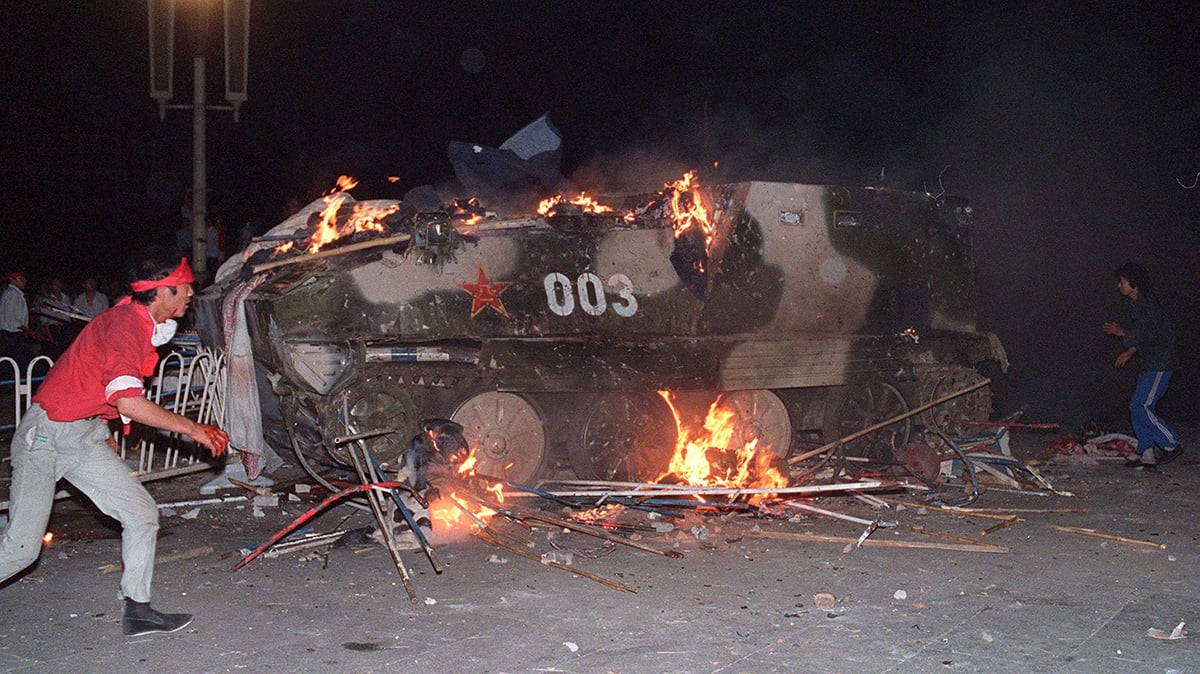Student protests against Bangladesh’s military-backed interim government that erupted in the capital Dhaka in late August and eventually spread to five other major cities were brutally suppressed by the police, leaving one person dead and hundreds injured.
The ongoing social unrest is produced by widespread poverty. All of the governments in Bangladesh over the last two decades have implemented the policies of the World Bank and the IMF, which seek to open up underdeveloped countries to imperialist exploitation.
The shift of industry from developed countries to underdeveloped countries in search of cheap labor brought transnational corporations to the shores of Bangladesh, where workers are super-oppressed, paid starvation wages and forced to work excessive hours.
Last year, workers in the garment industry, which is responsible for 75 percent of the total exports of Bangladesh, revolted from May 20 to June 6. They burned down factories and other installations.
Both of the capitalist ruling parties in Bangladesh and the current unelected “interim” government agree that widespread opposition from working people to exploitation must be suppressed.




